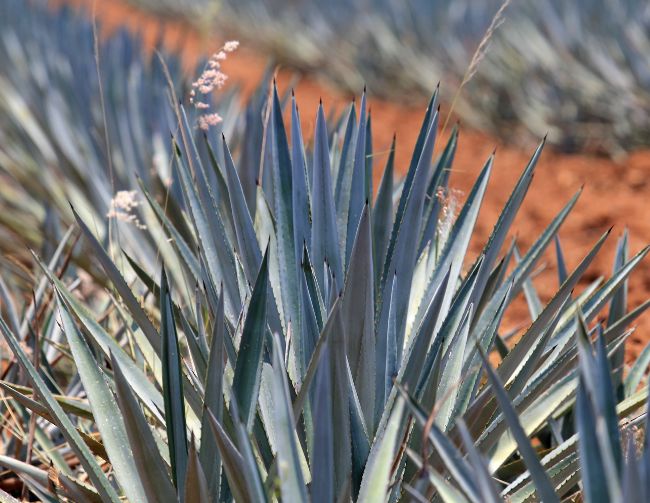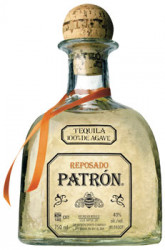Noticing more and more mezcal next to the tequilas on Liquorland's shelves these days? What is the difference between the two?
Both made in Mexico, but with differing regulations. Let's get to the bottom of the difference between tequila and mezcal.
Tequila has an Appellation of Origin from the Mexican government, which means to be called tequila, it must be made from a minimum of 51 per cent blue weber agave plant and only can be produced in five Mexican states.
Mezcal, too, is name-protected but can be made in nine designated Mexican states. And while mezcal is also made from the agave plant, there are fewer restrictions on its production, most notably, you can make it from many different types of agaves, not just the blue variety.
So, tequila is a subset of mezcal.
 Above: The Blue Weber Agave Plant
Above: The Blue Weber Agave Plant
The other notable difference with mezcal is that the agave heart is often cooked inside earthen pits, which imparts a distinctive smoky flavour, before being distilled in clay pots, sometimes with seeds, fruits, or even meat (the latter called pechuga mezcal).
Time-honoured methods are still in use, including crushing the agave using livestock and a stone wheel.
When you're looking for one to try, as with tequila, you’ll want to ensure the bottle specifies 100 per cent agave (also known as maguey) to ensure no additives. Mezcal also comes in a range of aged states, with the un-aged examples often called joven instead of blanco like tequila.
In Mexico, a glass of this often comes with orange wedges dipped in a spiced salt made from a type of worm called gusano. But for the worm-averse, mezcal’s smoky profile means it can be an excellent swap to a classic whisky cocktail (mezcal is often compared with whisky).






